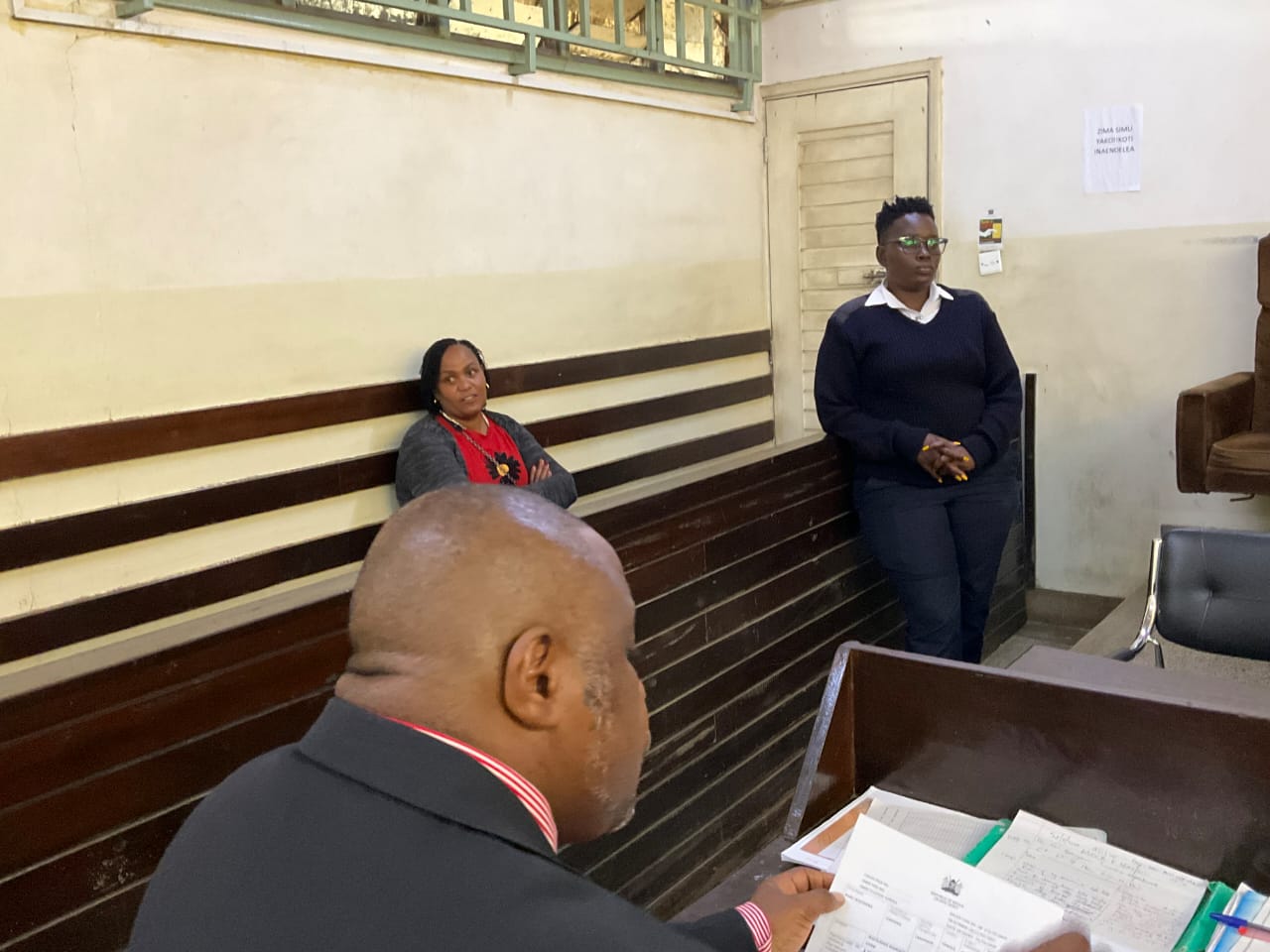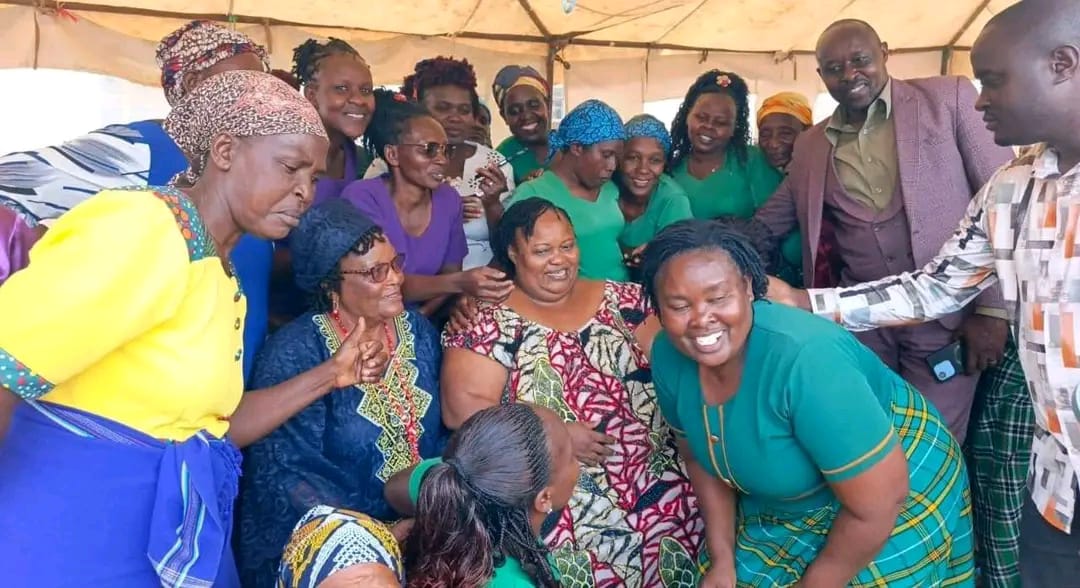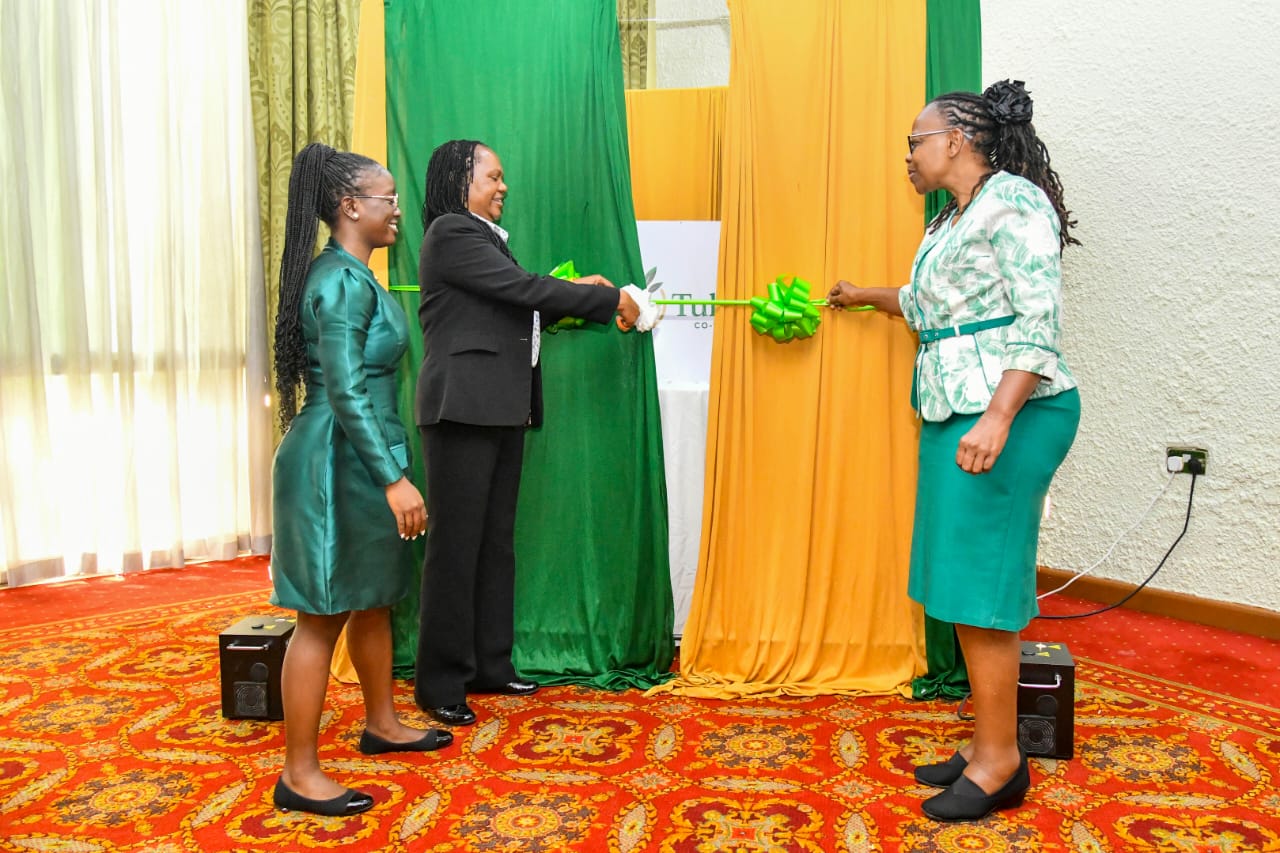
A Nairobi court has dismissed an application by an accused person seeking the recusal of a magistrate from an ongoing criminal trial, describing it as an attempt to intimidate the bench and delay justice.
Chief Magistrate Dolphina Alego, sitting at the Milimani Magistrates’ Court, threw out the request filed by Davis Nathan Chelogoi, the second accused in the case Republic v. Andrew Kirungu and Davis Chelogoi. The application, argued by advocate Asa on behalf of the first accused, Andrew Kirungu, sought to have the matter reassigned to another court.
In a detailed ruling, Magistrate Alego termed the motion “speculative, unsubstantiated, and deliberately timed to derail justice.” She noted that the allegations of bias emerged only after the prosecution had closed its case and the accused had been placed on their defence.
“Was the court expected to acquit at this stage?” the magistrate posed, questioning the motive behind the belated application.
The defence had accused the magistrate of exhibiting bias through her “writings, body language, and conduct,” and further claimed the case had been prejudiced by references made in Parliament and coverage in the media. Alego, however, dismissed the accusations as “a narrative built on conjecture and paranoia.”
She observed that the court had previously accommodated the accused, including reducing one’s bond on humanitarian grounds due to ill health, yet now faced what she described as an attempt to intimidate the bench.
Citing established principles on judicial recusal, Magistrate Alego referred to the Judicial Service (Code of Conduct and Ethics) Regulations, 2020, which require withdrawal only in defined circumstances—such as when a judicial officer is a party or witness in the matter.
She also referenced key precedents, including Philip K. Tunoi & another v. Judicial Service Commission and the South African case President of the Republic of South Africa and Others v. South African Rugby Football Union, both of which outline the test for bias as whether a “reasonable, objective, and informed person” would perceive partiality.
Acknowledging that “absolute neutrality” is impossible, the magistrate underscored the need for judicial officers to maintain “judicial impartiality.”
Condemning the application as “an affront to the independence of the judiciary,” Magistrate Alego reaffirmed her commitment to uphold her oath of office.
“The application is properly executed to intimidate,” she said, adding that judicial officers must never yield to such tactics.
The magistrate also referenced her recent promotion to Chief Magistrate and nomination for judicial awards, rhetorically questioning whether those recognitions too had been “compromised,” as implied by the defence.
With the application dismissed, the court proceeded to schedule the continuation of the defence hearing. By consent of all parties, the cross-examination of the first accused, Andrew Kirungu, was set for October 16, 17, and 18.
The case will now move to the defence stage, bringing the long-running trial a step closer to conclusion.








